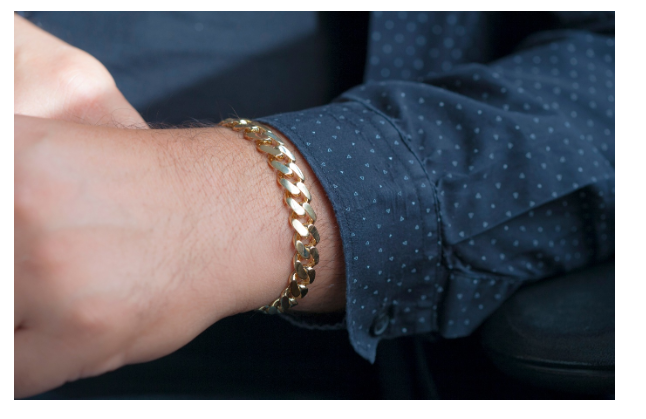What is Fuelling Singapore’s Growing Taste
By Thanit Apipatana
In 2023, for the first time, Singapore emerged as the most expensive city in the world for high net-worth individuals (HNWI), according to the Global Wealth and Lifestyle Report 2023 by private bank corporation Julius Baer.
With its significance as a leading regional trade and commerce hub, concerted efforts by the government to woo affluent individuals to the Republic (the number of private family offices in Singapore doubled to 1500 by the end of 2022), and an increase in post-pandemic consumption, the island nation has gotten an increased taste for the finer things in life, now becoming the world’s third largest Scotch importer. Scotch exports to the country grew by more than 31% to reach US$480 million by October 2023.
In the first six months of 2023, sales rose 59% from the previous year, to £165 million (approx US$207 million currently). While some of this is also due to Singapore’s status as a regional hub for distribution, consumption and interest for in the country is also at an all-time high.
The Evolving Market
As little as eight years ago, Singapore’s culture was very nascent. Since then however, the country’s increasingly cosmopolitan and wealthy consumers have become ardent fans of high priced, premium liquor, as also the stories behind them.
Typically a beer dominated market, 28% of Singaporeans now prefer liquors like with the number only set to grow. Little wonder then, that Singapore is now home to no less than 11 bars that have made it to the prestigious Asia’s 50 Best Bars of 2023 list.
From high end cocktail bars to invite-only events to private member clubs focused on the spirit such as 35A Scotts, the experiences offered around the culture in Singapore is enticing newer consumers to the lifestyle around the liquor. A Live event in Singapore held late last year at the Singapore Flyer, attended by aficionados is testament to the growth around the cultural relevance of in the Singaporean lifestyle today.
Such is the allure, that Singapore’s first home-grown single malt was launched last year by the Brass Lion Distillery. Setting off a number of firsts, the is the first of its kind to be made 100% in Singapore. Additionally, the has been distilled, barrelled and aged in Singapore and fermented at the island’s local ambient temperature. A limited edition release for now, the has been crafted to international guidelines used for Scotch, since the country does not have any of its own guidelines on distilling.
It isn’t just Scotch. Other whiskies such as the American Bourbon are also gaining ground worldwide, and Singaporeans are on the bandwagon as well.
Future Potential and Opportunities for Growth
The rising affluence and increasing disposable income enjoyed by Singaporeans are promising markers for the continued growth of the market in the country. In 2023, approximately 86% of the country was of legal drinking age, potentially a massive market for the liquor.
An increased focus on growing nightlife and entertainment options in the city-state by organizations like the Singapore Nightlife Business Association and Singapore Tourism Board have further strengthened the culture in the country.
This has also built a strong bar and cocktail culture in the country, while the growing interest in as a collector’s item and investment has further helped category growth. The country’s status as a regional tourism and trade hub has also boosted alcohol consumption, as more and more brands focus on gaining market share.
Online sales of alcohol are also promising, with more than US$65.7 million of alcohol bought in 2023. This is expected to grow by 18% over the next four years. Though the sale of premium spirits like in the online market is currently low, there is ample potential for scalable growth on these platforms as well.
Challenges and the Way Forward
The growth story is not without its challenges, though. Singapore has very strict laws surrounding the sale and consumption of alcohol, with the legal drinking age being 18. In addition, the Liquor Act prevents consumption and sale of alcohol in public places and retail outlets for a set time every day. Moreover, there are many public areas classified as liquor control zones, with much stricter laws in these zones around alcohol consumption.
Additionally, the duties on luxury imports can be quite prohibitive, including alcohol. Most imported spirits are taxed at Singapore $88 per litre in addition to other taxes such as the Goods and Services Tax (GST), insurance and other duties.
however, is here to stay. As Asia’s share of the world alcohol market increases on the strength of its population growth and increased disposable income, Singapore is poised to capture and enjoy its share of the market as well, in terms of value and volume.
Set to be the toast of the town for sometime to come in Singapore.
Who is Thanit Apipatana:
Thanit Apipatana is a Bangkok-based entrepreneur, investor, and startup advisor with a keen interest in venture building, real estate, F&B, sports and philanthropy. Mr. Apipatana has advised and invested in companies in the region, including Singapore-based proptech startup Mogul.sg and Thai-based Life Below Labs. As a thought leader, Mr. Apipatana shares his insights on entrepreneurship, F&B, education, sports and the social sector.

